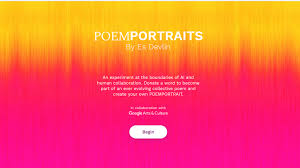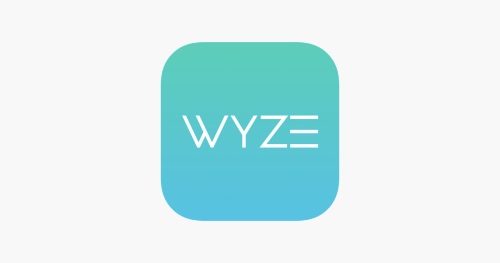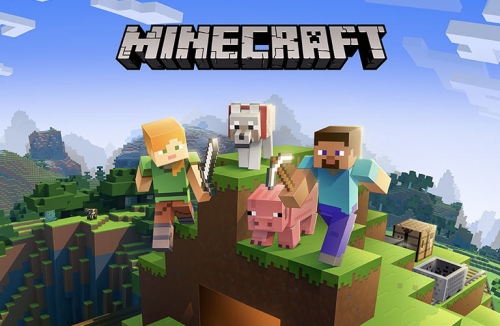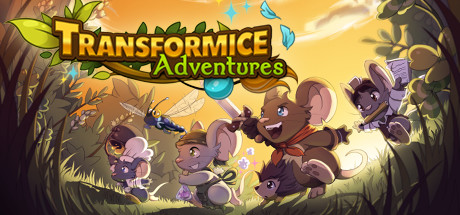Advertisement
Lu Yanrang, a poet from the Tang Dynasty said: " a single word “Yin'an”, cutting off the stems and whiskers."
"For every poem I wrote, I need about one hundred and fifty drafts to determine the frame, and then I have to try to write fifty more to practice and make it sound spontaneous." said Laureate James Dickey, the American poet in 1966.

Imagine how Lu Yanrang and James Dickey would have reacted if they had seen Google’s latest AI project, Verse by Verse. They only need to click the key “Enter” to get 150 poem drafts in a few minutes, then click another 50 times to sculpt the initial passages into the style used by great poets in history.
Verse by Verse was fed with thousands of words of great poets in the history of the world. Through training, practice and polishing the great poets’ writing skills, it is able to imitate the grammar and style of great poets.
If a user wants to write a poem using AI, he can select up to 3 famous poets, and incorporate the 3 poets’ style to generate the final work. There are currently 22 poets to be chosen from, including Emily Dickinson, Robert Frost, Paul Lawrence Dunbar and Edgar Allan Poe.
For the preliminarily generated verse, the user can click on a certain line, select rhyme, form and other parameters to further fine-tune.
Advertisement
With Thanksgiving is around the corner, a tester introduced the wonderful words he had conceived into the program:
“To stuff my face or not to stuff my face”
Then he selected Henry Wadsworth, Emily Dickinson and Walt Whitman as imitation reference respectively and generated poems as follows:
"To stuff my face or not to stuff my face”
“Or stand at the table in a place.” (Wadsworth)
“Once a dinner light at rest nor grace” (Dickinson)
“Amid a smile of warmth and grace.” (Dickinson)
We may not understand what it means, but it sounds kind of impressive. If the generated verse does not meet your expectations, you can tweak the wording to generate a new one, or input your own original lines.
According to Google engineer Dave Uthus, "The system was trained to have a general semantic understanding of what line of verse would best follow a previous line of verse. So even if you write on topics not common in classic poetry, the system will try its best to make suggestions that are relevant."
The widely varying degrees of Verse by Verse output quality show that while impressive lyrical gems may occasionally emerge, further work by the AI team remains to be done.
Advertisement
- Previous article
- Google AI to Help the Vision-Impaired People to Walk Independently on the Road
- Next article
- Observation | South Korea’s Gaming Market: The Expansive Comic Market of South Korean and The Active Webtoon Adaptation(Ⅰ)
Advertisement
OTHER NEWS

HUAWEI Mate 40 Series are Launched, Priced at EUR 899
BY Antonio

E-Commerce Giant Amazon Launches Online Academy “Amazon Academy” in India
BY Turner

Will Mathematician Be Replaced by AI?
BY Kathleen

Smart Lock Lets you Open Door With Your Mobile
BY Kathryn

SHEIN Lead the Race to Buy British Fashion Retailer Giant Arcadia
BY Phillips

Amazon Is in Negotiation to Buy Wondery, Quoting $300 Million to Gain a Foothold in Podcasting
BY Phyllis
RECENT NEWS
-

How to Download and Install Wyze App for Free?
-

How to Download and Install VIX for Free?
-

How to Download and Install Minecraft?
-

How to Get Free Units in Marvel Contest of Champions?
-

How to Get Free Strawberries in Transformice?
-

Indian Kids-Focused Fintech Platform Junio Has Raised Seed Capita

 1
1 1
1